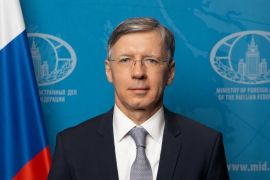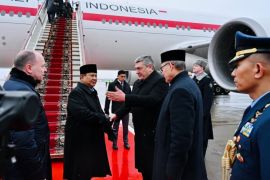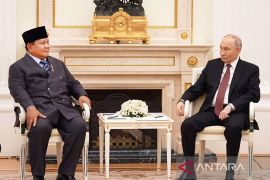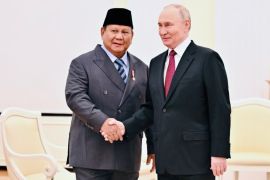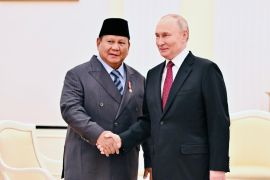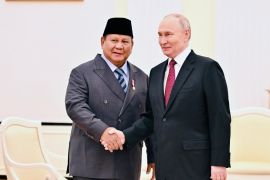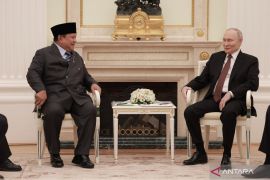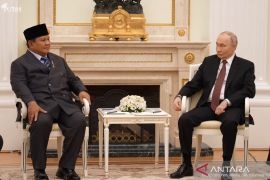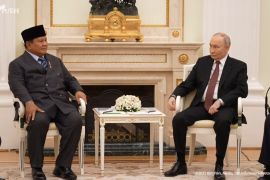"This cooperation demonstrates that Russia is ready to be a reliable military ally for Indonesia. We do not impose specific political requirements while selling these fighter aircraft, not like the other country that you already know," Galuzin informed reporters in Jakarta on Wednesday.
Earlier on Tuesday, Indonesian Defense Minister Ryamizard Ryacudu had announced that Indonesia plans to purchase 11 Russian-made Sukhoi SU-35 Flankers valued at US$1.14 billion. Almost half of that figure will be paid in the form of commodities, such as rubber, palm oil, and coffee.
Although Galuzin did not specifically name the US, but his remarks was clearly pointed at Washington that has continued to impose unilateral sanctions on countries that it deems dangerous.
Indonesia had become a victim of the US weapons embargo, as it was considered to have carried out human rights violations in 1999 in Timor Leste, which at that time wanted to gain independence. The embargo was eased in 2006.
Moreover, the US has imposed sanctions on China, Argentina, Iran, and Russia.
Russia is currently seeking a new market for its defense industry, as it is now facing sanctions from the EU and US following its conflict with Ukraine.
"This agreement on the sale of weapons demonstrates to the Indonesian public that Russia is an ally with a respectful basis and ignores political problems," Galuzin remarked.
"This agreement, of course, will benefit both countries," he added.
Galuzin said he ignored the fact that Russia had also imposed an embargo on Pakistan based on the same political background as what the US had done. The embargo was lifted in 2014.
According to The Diplomat magazine, Moscow had adopted a tough stance towards Islamabad during the Cold War era. At that time, Pakistans foreign policy heavily leaned towards the North Atlantic Treaty Organization, while the Union of Soviet Socialist Republics chose India as its political ally in South Asia.
On the other hand, the US and Russia share a love-hate relationship, as they are on opposite sides with regard to the Syrian conflict and the situation in the Korean Peninsula.(*)
Editor: Heru Purwanto
Copyright © ANTARA 2017

